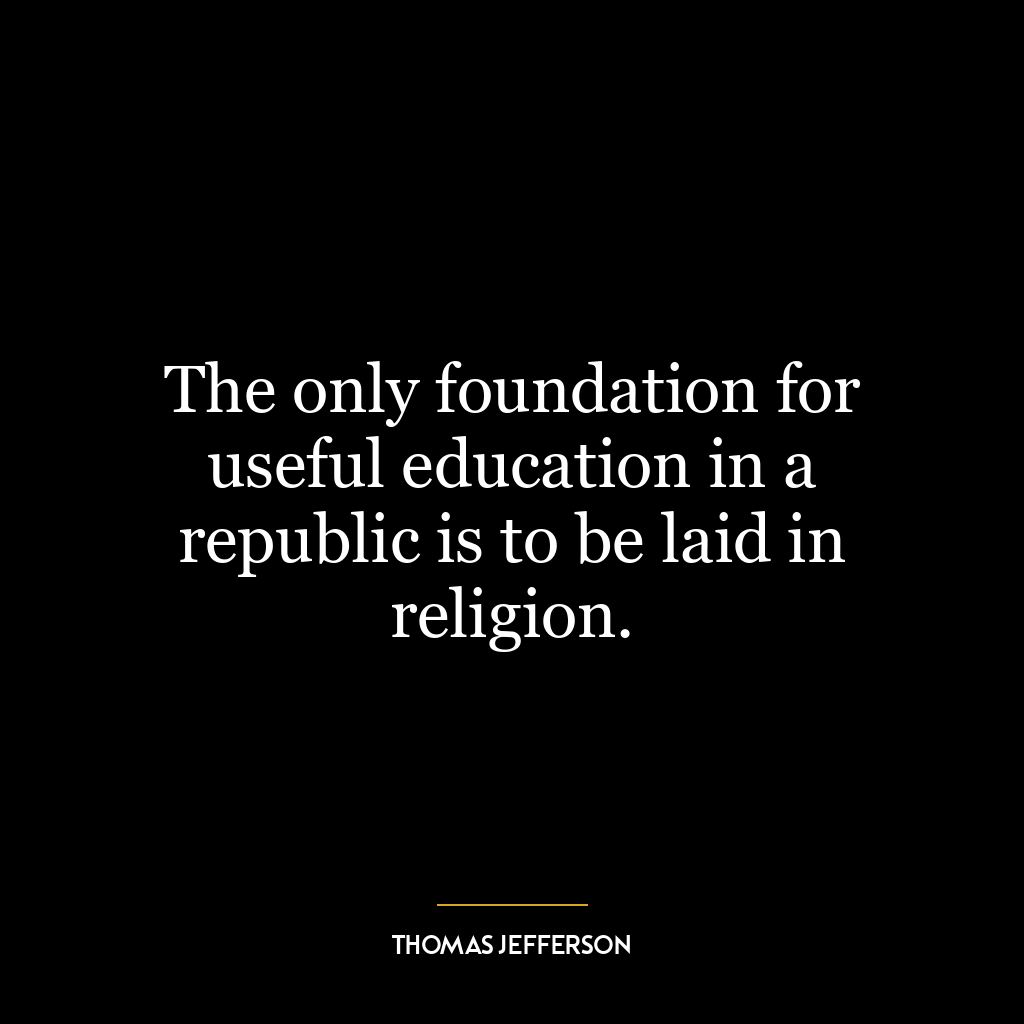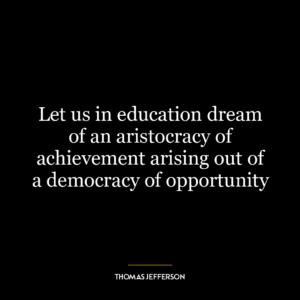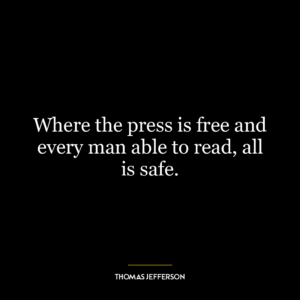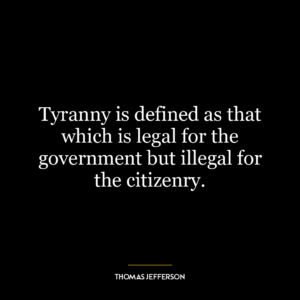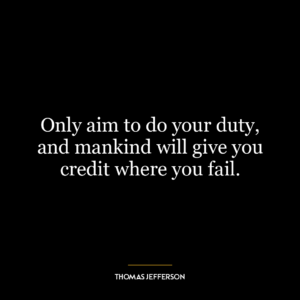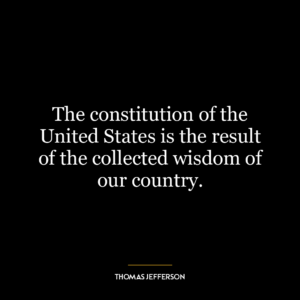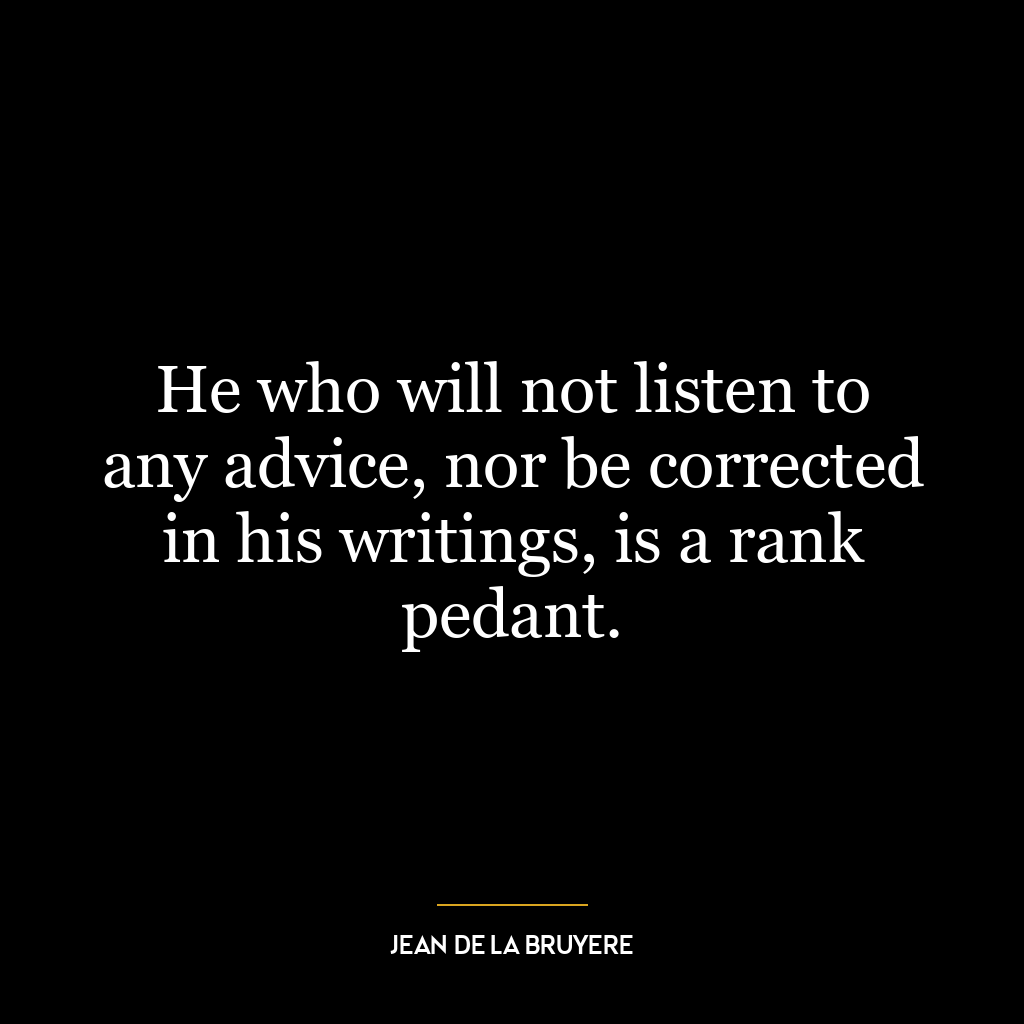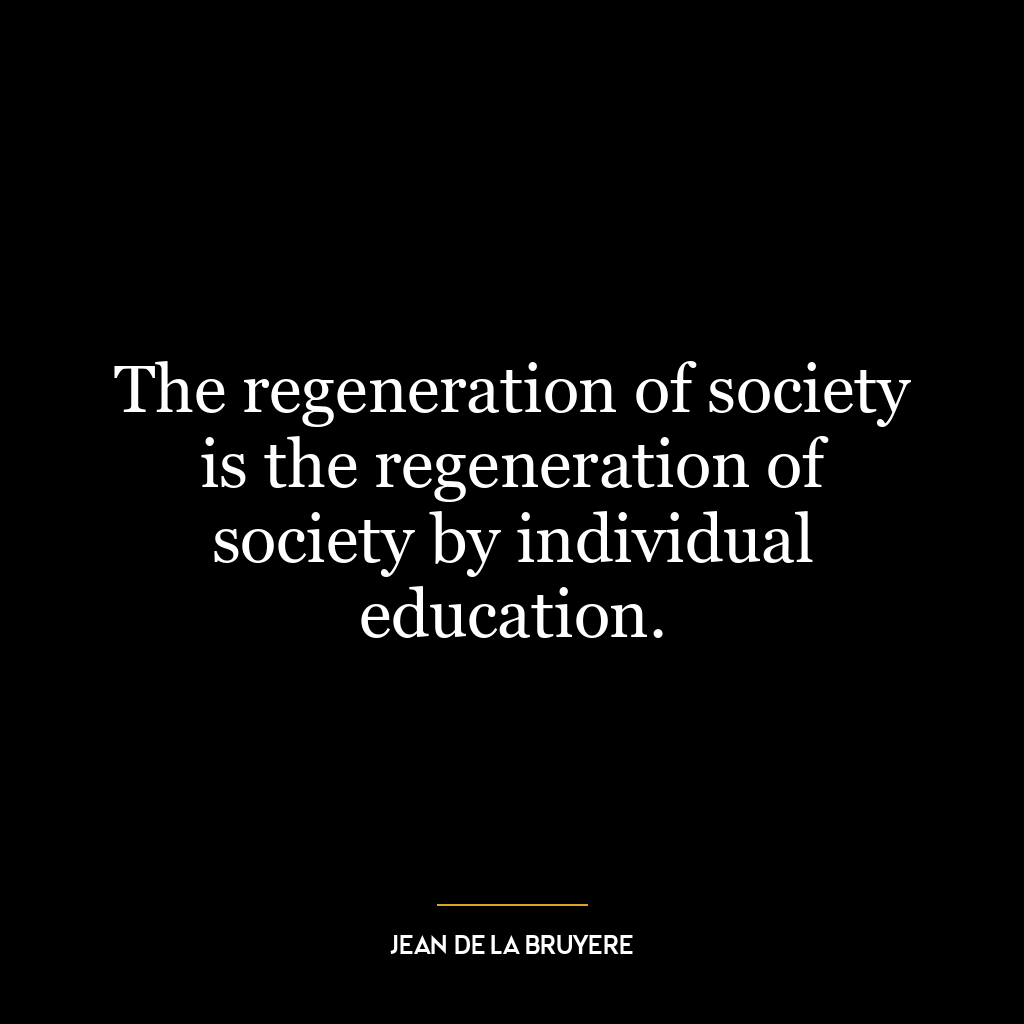The only foundation for useful education in a republic is to be laid in religion.
This quote suggests that a meaningful and beneficial education in a democratic society should be rooted in religious teachings. It implies that moral and ethical principles, frequently enough derived from religious beliefs, are the bedrock of effective learning. It’s not necessarily advocating for a specific religion or dogma but emphasizing the importance of core values such as honesty, respect, kindness, and duty – which are common to most religions – in shaping an individual’s character.
The idea is that education should transcend beyond academic knowledge; it should also mold individuals to become morally upright citizens who can contribute positively to society. Hence, by laying the foundation of education in religion or moral principles associated with it, learners can better understand their social responsibilities and develop empathy towards others.
In today’s world where secularism is more prevalent than ever before, this concept may seem outdated or controversial. Though, if we interpret “religion” as “moral principles,” then this idea still holds relevance. In essence, it advocates for value-based education: teaching students not just facts and figures but also how to be good human beings.
In terms of personal advancement too this approach could be invaluable. By grounding our learning process on moral values – whether they come from religious beliefs or secular ethics – we cultivate virtues like integrity and compassion within ourselves. This holistic approach helps us grow into well-rounded individuals who are capable of making informed decisions based on both rational thinking and ethical considerations.
Ultimately though it’s crucial to note that while morals frequently enough derive from religious teachings they aren’t exclusive to them; atheists and agnostics can also exhibit strong moral character without adhering to any particular faith tradition.

